Emergence of 5G Technology
The rollout of 5G technology is poised to revolutionize the Heterogeneous Mobile Processing and Computing Market. With significantly higher data transfer speeds and lower latency, 5G enables more complex applications to run smoothly on mobile devices. This advancement is expected to facilitate the development of innovative applications, such as augmented reality and real-time data analytics, which require substantial processing power. As 5G networks become more widespread, the demand for heterogeneous processing solutions that can leverage these capabilities is likely to increase. By 2025, it is anticipated that 5G subscriptions will surpass 1.5 billion, further propelling the growth of the Heterogeneous Mobile Processing and Computing Market.
Growing Adoption of Edge Computing
The Heterogeneous Mobile Processing and Computing Market is witnessing a growing adoption of edge computing, which allows data processing to occur closer to the source of data generation. This trend is particularly relevant for mobile devices, as it reduces latency and bandwidth usage, enhancing user experience. By processing data at the edge, mobile applications can operate more efficiently, which is crucial for applications requiring real-time data processing. The edge computing market is projected to reach USD 15 billion by 2025, indicating a significant opportunity for heterogeneous processing solutions that can support this paradigm shift. As more organizations recognize the benefits of edge computing, the Heterogeneous Mobile Processing and Computing Market is likely to expand.
Rising Importance of Security Features
As mobile devices become increasingly integral to personal and professional life, the Heterogeneous Mobile Processing and Computing Market is seeing a heightened focus on security features. Users are more concerned about data privacy and protection against cyber threats, prompting manufacturers to integrate advanced security measures into their devices. This includes the use of heterogeneous processing architectures that can support complex encryption algorithms and secure data handling. The Heterogeneous Mobile Processing and Computing Market is expected to reach USD 300 billion by 2025, reflecting the growing emphasis on security in mobile computing. Consequently, the demand for heterogeneous processing solutions that enhance security capabilities is likely to rise within the Heterogeneous Mobile Processing and Computing Market.
Increased Demand for Mobile Applications
The Heterogeneous Mobile Processing and Computing Market is experiencing a surge in demand for mobile applications across various sectors, including finance, healthcare, and entertainment. This trend is driven by the growing reliance on smartphones and tablets for daily tasks. As of 2025, the number of mobile app downloads is projected to exceed 250 billion, indicating a robust market for mobile solutions. The need for efficient processing capabilities in mobile devices is paramount, as users expect seamless performance and quick response times. Consequently, companies are investing in heterogeneous processing architectures to enhance the performance of mobile applications, thereby driving growth in the Heterogeneous Mobile Processing and Computing Market.
Advancements in Machine Learning Algorithms
The Heterogeneous Mobile Processing and Computing Market is benefiting from advancements in machine learning algorithms, which are increasingly being integrated into mobile applications. These algorithms require substantial computational resources, which heterogeneous processing architectures can provide. As machine learning becomes more prevalent in applications such as voice recognition, image processing, and predictive analytics, the need for efficient processing solutions is paramount. The machine learning market is projected to grow to USD 20 billion by 2025, indicating a robust demand for mobile solutions that can leverage these technologies. This trend is likely to drive further innovation and investment in the Heterogeneous Mobile Processing and Computing Market.

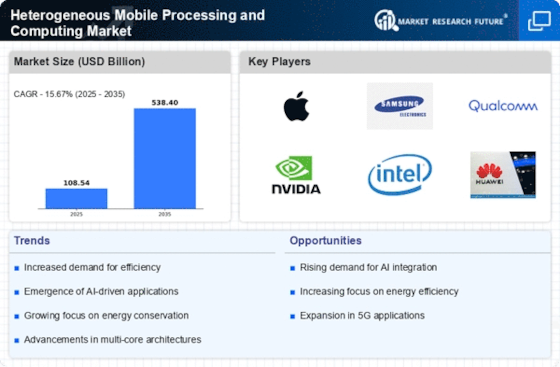
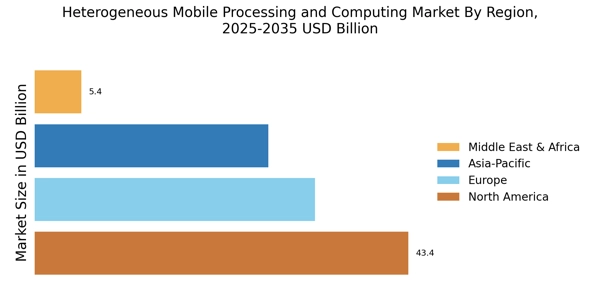

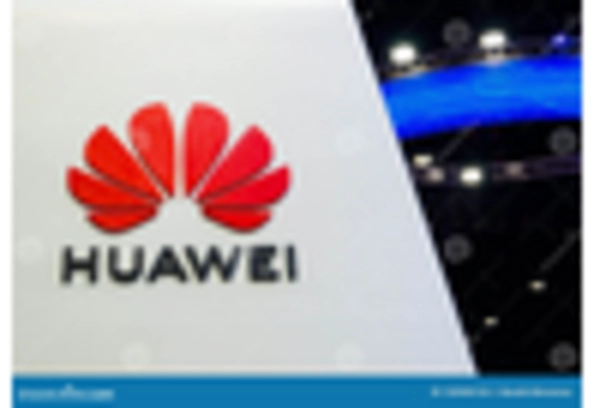
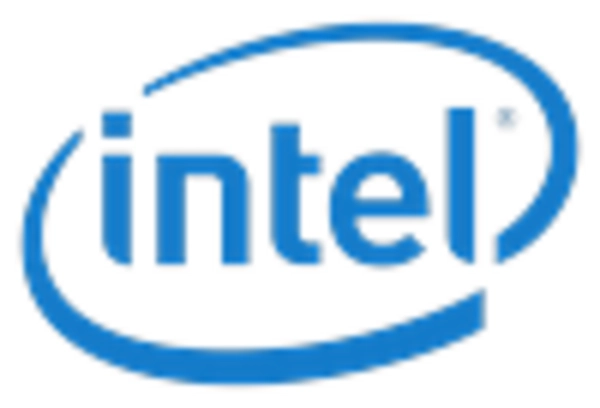
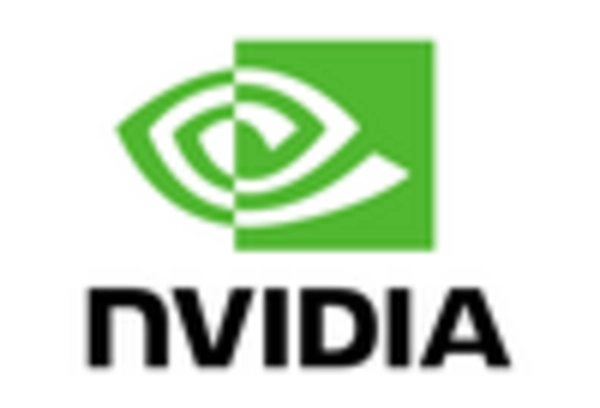
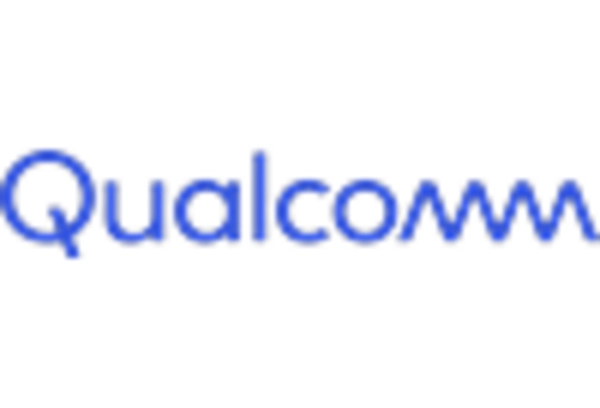









Leave a Comment